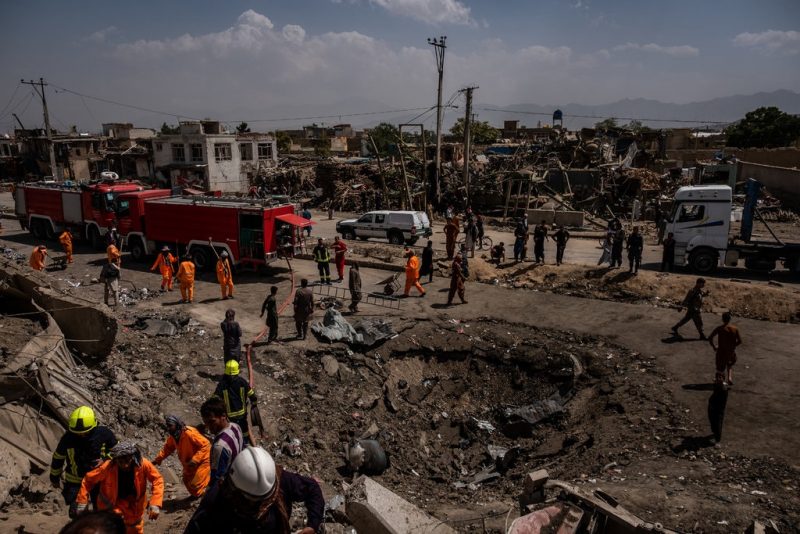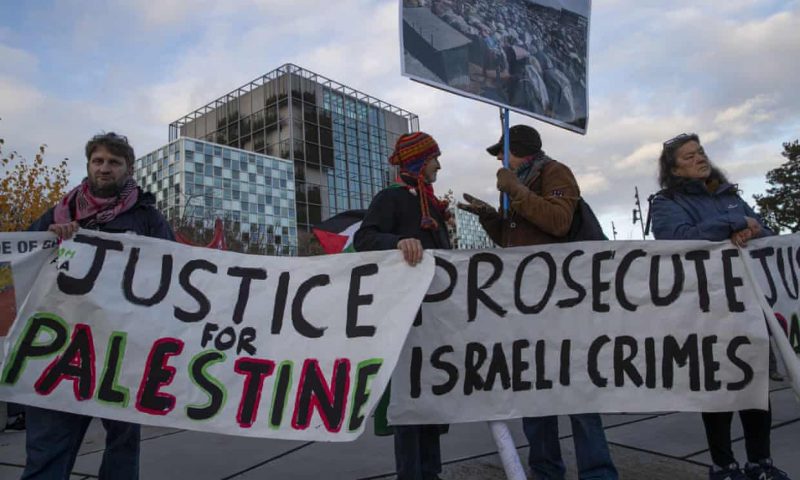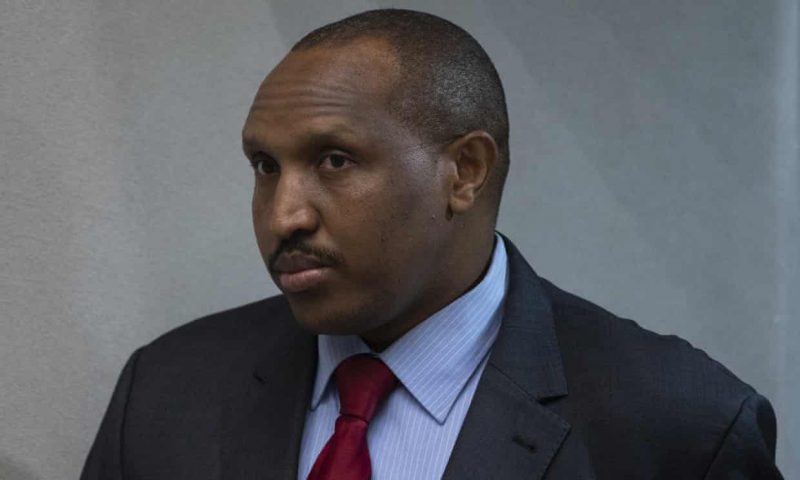By: Andrew Kramer
Impunity Watch Staff Writer
THE HAGUE, The Netherlands – On March 5, 2020, the Appeals Chamber of the International Criminal Court (“ICC”) authorized the Prosecutor to begin investigations into alleged war crimes and crimes against humanity committed in Afghanistan dating back to May 1, 2003. All sides of the armed conflict may now be subject to investigation.
This judgement amended a previous decision of Pre-Trial Chamber II, which had unanimously rejected the Prosecutor’s previous request for authorization to conduct an investigation on April 12, 2019. Pre-Trial Chamber II determined that an investigation into the Situation in Afghanistan would not serve the interests of justice, and successful investigation and prosecution would be unlikely. In the resulting appeal of this decision, the Appeals Chamber found that the Pre-Trial Chamber erred in considering the “interests of justice” factor. According to the Appeals Chamber, the Pre-Trial Chamber should have addressed only whether there was a reasonable factual basis for the Prosecutor to proceed with an investigation. Additionally, the Appeals Chamber found that the Prosecutor had indeed met that burden during the Pre-Trial proceedings.
This decision has drawn criticism from the United States government, who may now be the subject of prosecution in the Court. The United States is not a state party to the ICC and has never been since the Court’s inception. While speaking with reporters in Washington, U.S. Secretary of State Mike Pompeo called the ruling a “truly breathtaking action by an unaccountable, political institution masquerading as a legal body.” Last year, the United States government revoked the visa of ICC chief prosecutor Fatou Bensouda after she indicated her intentions to pursue the case. Pompeo previously stated the United States would revoke the visas of any staff involved with prosecuting war crimes in Israel, as well.
The Appeals Chamber decision has furthered the Court’s goal of becoming a truly independent body, and holding any nation accountable for its actions, however upsetting the United States may cause allied nations to distance itself from the Court. While other United States administrations have been cautiously neutral in supporting the ICC, the Trump administration has taken a firm stance against the Court and its legitimacy. The absence of any significant enforcement mechanism in the Court leaves the ICC only as powerful as the member nations deem it to be. If the United States chooses to not comply with ICC demands, it may frustrate prosecution attempts with little recourse, and delegitimize the Court.
For further information, please see:




